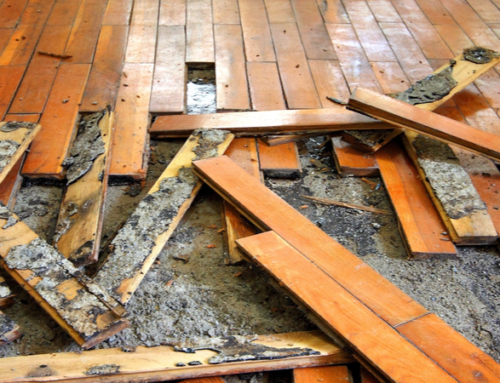Q: Does having a radon mitigation system affect a house’s future resale value?
I’ve been looking for (and unable to find) statistics or information on the impact of radon/radon mitigation on home resale values. A potential house purchase rests on this information!
A: The fact that there is a radon mitigation system means that the ground underneath and around the house contains high levels of radon — which is potentially damaging for people, especially young children.
Having a mitigation system means that at some point the level of radon inside the property was high and the system was put in place to reduce the levels of radon. If the system fails for some reason, and you aren’t aware of it, you could be at risk — and you wouldn’t even know it until it was too late.
What I think you’re facing going forward is a battle over perception. Will future buyers perceive that this property has less worth than a house without a radon issue? Perhaps. It depends on what’s going on in the whole neighborhood.
There are neighborhoods where radon is quite prevalent and radon mitigation devices may be in many homes. In this case, a radon mitigation system probably wouldn’t affect property appreciation.
A properly installed and maintained radon mitigation system should keep radon levels low and should not pose a problem to the people living in the home. If you buy a home in this neighborhood, you can always do a simple test each year to make sure the radon levels stay low.
However, if your house is the only one with a radon mitigation system, then it could affect your property’s appreciation going forward. If this is the case, and you are choosing between two homes, one with a radon mitigation system and one without, you might then want to consider the home that does not need the system.
Even if there is a nominal level of radon in the property, the fact that it exists in the ground could be enough to cause many prospective buyers to take a pass on your property. With less interest in the property, you wouldn’t get the same level of appreciation as in other properties that don’t have this problem.
Don’t forget, disclosure laws will require you to disclose the radon mitigation system when it comes time to sell this house.
June 15, 2006.




If would have been nice to know how to find out if you live in an area where high radon levels are typical.
I know this is an old comment but for those that are curious, you can guess. If you live in a ledgy area with a lot of granite there is a good chance you have radon. Granite usually has veins of uranium and thorium which, as it decays causes the radioactive decay and produces the radon gas. This can vary even within a couple miles you may go from a place that’s mostly limestone or shale and you have zero radon and then as you transition to a more mountainous and rocky region you find a higher prevalence of radon.
Thanks, Steve,
I didn’t know about Granite being connected to radon. That’s pretty interesting. So many areas have radon issues, but if you don’t test for it, you won’t know.
Appreciate the commend.
Ilyce Glink, Publisher
ThinkGlink.com